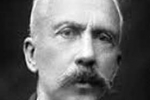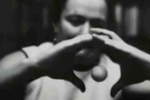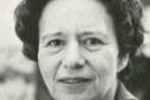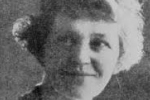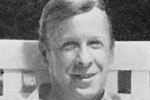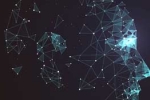Ground-breaking 1884 paper by physiologist and psi researcher Charles Richet, devoted mainly to his use of statistics in telepathy experiments, an approach that became fully established only in the 1930s.
ESP
Limited but significant psi research has been carried out in Russia since the nineteenth century.
The sense of knowing when one is being stared at is commonly reported, notably by police and other professionals involved in surveillance activities. Recent experimental investigations suggest that the phenomenon is real.
Experimental research appears to establish the sense of being stared at as a real phenomenon, as described here. This article discusses possible theoretical implications with regard to theories of vision.
An approach to psi experimentation that differentiates subjects who believe that psi is possible, or that it's a genuine phenomenon ('sheep') from those who do not ('goats').
In Mental Radio (1930), American writer Upton Sinclair described telepathy experiments he carried out with his wife Craig, in which she successfully reproduced drawings made by him and not seen by her.
Controversial nineteenth century episode of telepathy experiments involving two young men, one of whom in later life claimed they had cheated, which the other vigorously denied.
Czech ESP subject who performed consistently well in experiments carried out in Prague and in the US during the 1960s.
The super-psi hypothesis is the claim that psychic functioning is more extensive than the evidence would suggest, and that it might play a pervasive role in everyday affairs.
American artist (1933-2013) whose psychic ability led him to participate in successful ESP and PK experiments, including remote viewing research that became the basis for the Star Gate psychic spying program.


